Beijing calls for end of ‘anti-China rhetoric’ in Australia after Penny Wong visit
Beijing warns Canberra ‘not to be swayed by the US’, while signalling a potential thaw in the black-listing of $20bn in exports.
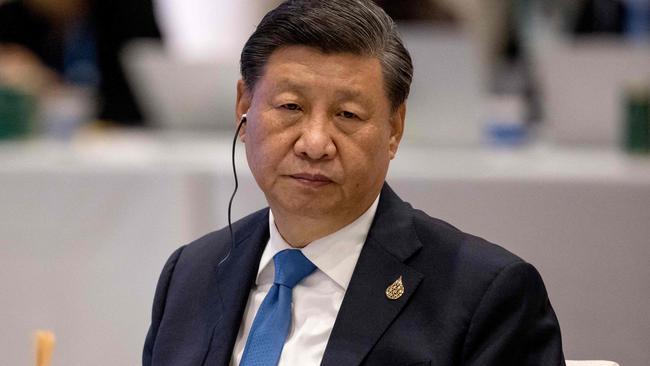
Beijing has warned Canberra to “not be swayed by the US” in its handling of China while signalling it may partially end the black-listing of Australian exports previously worth more than $20 billion a year.
After a landmark meeting in Beijing, Foreign Minister Penny Wong and her Chinese counterpart Wang Yi said the two countries had agreed to increase dialogue on bilateral relations, trade and economic issues, consular affairs, climate change, defence, and regional and international issues.
Following the release of the Australia-China joint statement, Chinese-government linked experts said Beijing might soon “lift the restrictions on some Australian products”, naming wood, coal and other agricultural product imports.
But the authoritative party-state masthead China Daily also cautioned Canberra to learn the lessons of the Coalition government.
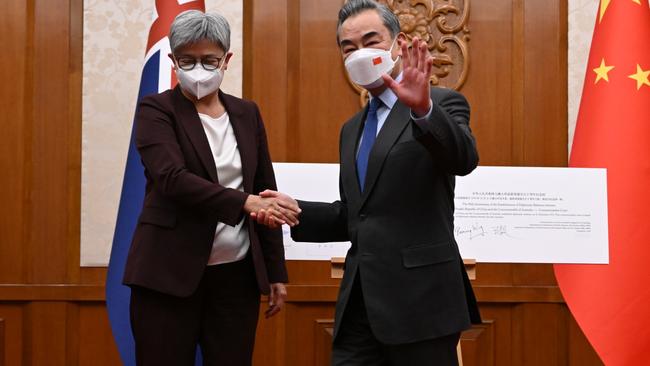
“Under the previous government of Scott Morrison, Australia often enthusiastically served as a forerunner in the US’ ‘Indo-Pacific strategy’ aimed at containing China’s development,” the China Daily wrote in its lead editorial on Thursday.
“The anti-China rhetoric and behaviour that ensued prompted many Chinese people to reconsider their friendly view of Australia. After all, who would want to do business with a country or send their children to study in a country that is full of hostility?”
The Albanese government has tried to temper expectations about the future trajectory of the relationship with Australia’s biggest trading partner.
Immigration Minister Andrew Giles told The Australian that while the foreign ministers’ meeting was encouraging, it was “too early” to say how it would impact the take-up of visas, especially for Chinese students considering studying abroad.
“It is important to acknowledge how critical this engagement has been … But we’re looking at very early days and we need to look at this in an approached and considered manner.”
An agent at one of China’s largest travel booking companies said it was too early to tell when Chinese tourists would be allowed to visit Australia or any other international destination.
“China has not opened the border for Chinese tourists to travel abroad yet. As for when the border will be reopened, we have no clue,” the agent told The Australian.
Other voices in Chinese party state media were more bullish.
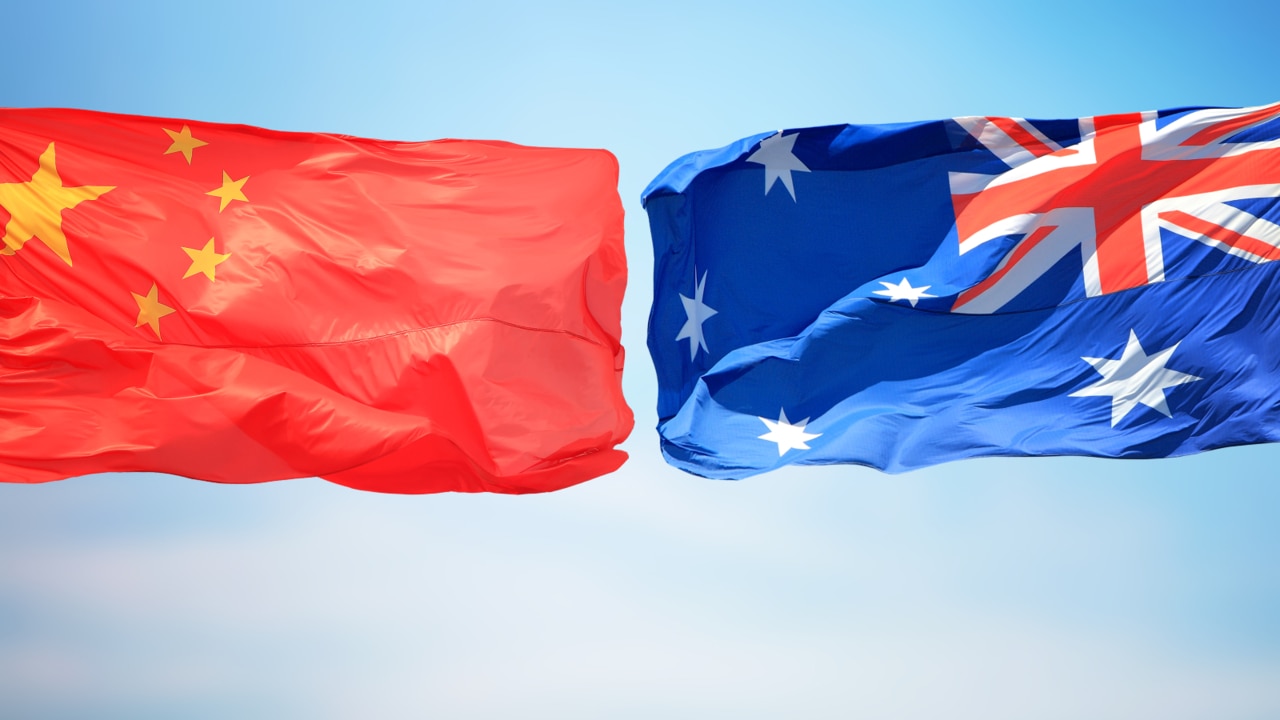
Zhou Fangyin, a research fellow at the Guangdong Institute for International Strategies, said China might soon lift its restrictions on Australian wood and coal, and also expand agricultural imports “as these products are needed in the Chinese market”.
He also said Beijing may respond more sensitively to Canberra’s concerns about China’s increased presence and influence in the South Pacific.
“China, in the future, may take some actions such as strengthening communication and co-ordination with Australia to relieve Canberra’s anxiety,” Mr Zhou told the Global Times.
Australian Business Council National President David Olsson said he didn’t expect any progress to be made on addressing the trade sanctions or issues until almost the middle of next year.
“China has the capacity to move quickly if it wants to, but it’s operating in a very complex environment … and it will be influenced by things going on in China such as the health and Covid situation.”
Mr Olsson said while Australian businesses were “pleased” the meeting had taken place, their expectations were ”tempered by reality”.
“We know this is going to take some time, no one is falling over themselves expecting an immediate resumption,” he said.
Tourism organisations said they expected an uptick in the Chinese market sometime next year.
“It’s obviously early days but it’s extremely positive. This meeting was another step in a series of engagements that the Albanese government has made with China,” Tourism Industry Council of South Australia chief executive Shaun de Bruyn told The Australian.
“The key thing to opening up China to Australia again is aviation access, until we get that locked in and people are able to book trips, that’s going to be the trigger to see the rubber hitting the road.
“We’re optimistic we’ll start to see some movement 2023.”
Mr Bruyn said China Southern Airlines had flown into Adelaide before the pandemic, and he hoped the carrier would start up flights again to South Australia and ports all over the country.
Tourism and Transport Forum Australia chief executive Margy Osmond said Senator Wong’s meeting with her Chinese counterpart was an “encouraging step towards stabilising the relationship between China and Australia”, which would have benefits for the tourism sector.
“It’s a positive sign for the industry,“ she said.
“I’m hopeful Chinese visitors will soon return to Australia, given China was our largest inbound tourism market before the pandemic.
Before Covid, Chinese visitors contributed around 20 per cent of total leisure travel exports in 2019.
“Local tourism operators are ready to welcome back Chinese visitors to Australia with open arms,“ Ms Osmond said.
“However, the global tourism market is more competitive than ever so Australia will be actively trying to encourage Chinese visitors to return to our shores and enjoy all the incredible tourism experiences Australia has to offer.”
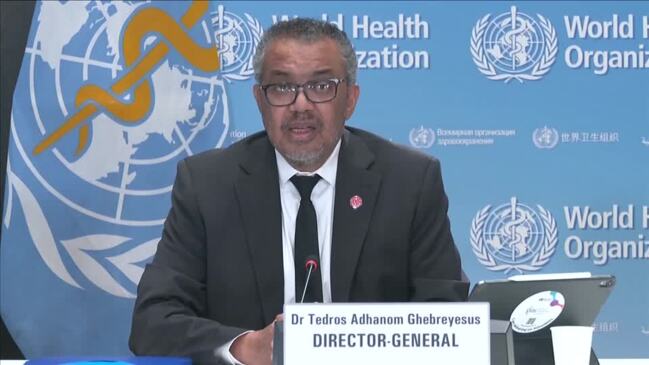
This week’s visit was the first to China by an Australian foreign minister since 2018, and followed years of escalating distrust between the two countries.
The imprisonment of two Australians, journalist Cheng Lei and writer Dr Yang Hengjun, has left many academics, business people and former diplomats wary of visiting China.
Nick Coyle, the partner of Ms Cheng, said there was a “certain irony” in the mother-of-two’s plight as Australia and China this week marked their 50th anniversary of diplomatic relations.
“Cheng Lei is the type of story we should have been celebrating as a great example of the people to people benefits which have flowed throughout the 50 years of relations,” he said.
“Instead, we are reflecting on the impact of a mother and two young children spending their third consecutive Christmas separated in such tragic circumstances.”
Liberal frontbencher Paul Fletcher said while he welcomed the meeting, it was important Labor conducted future negotiations “from a position of maintaining our principles as a nation”.
“Our systems are different and what's important is that while it’s good that there are more ministerial visits occurring, it’s important that we continue to respectfully put the issues that are of concern to us,” he told Sky News.
“Be they human rights issues, be they concerns about security in the Asia Pacific and, of course, the appropriate treatment, transparent and fair treatment of detained Australians like Cheng Li.”
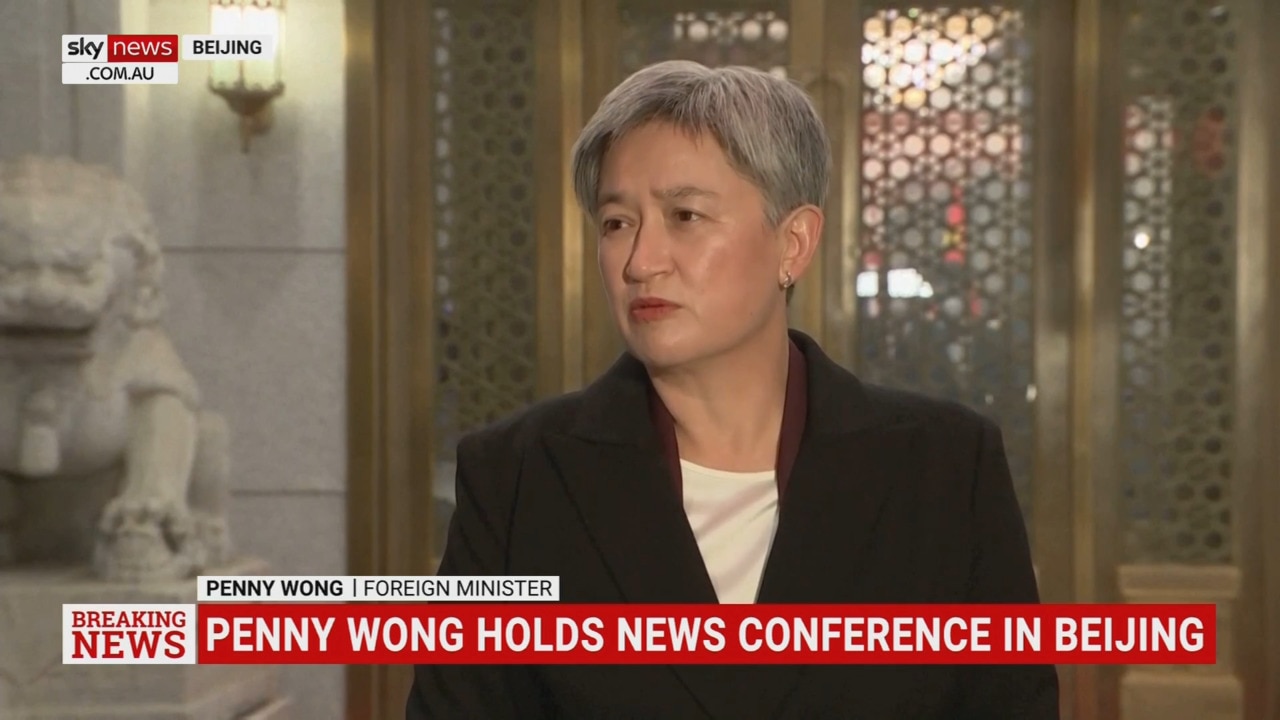
Additional reporting: Ben Packham

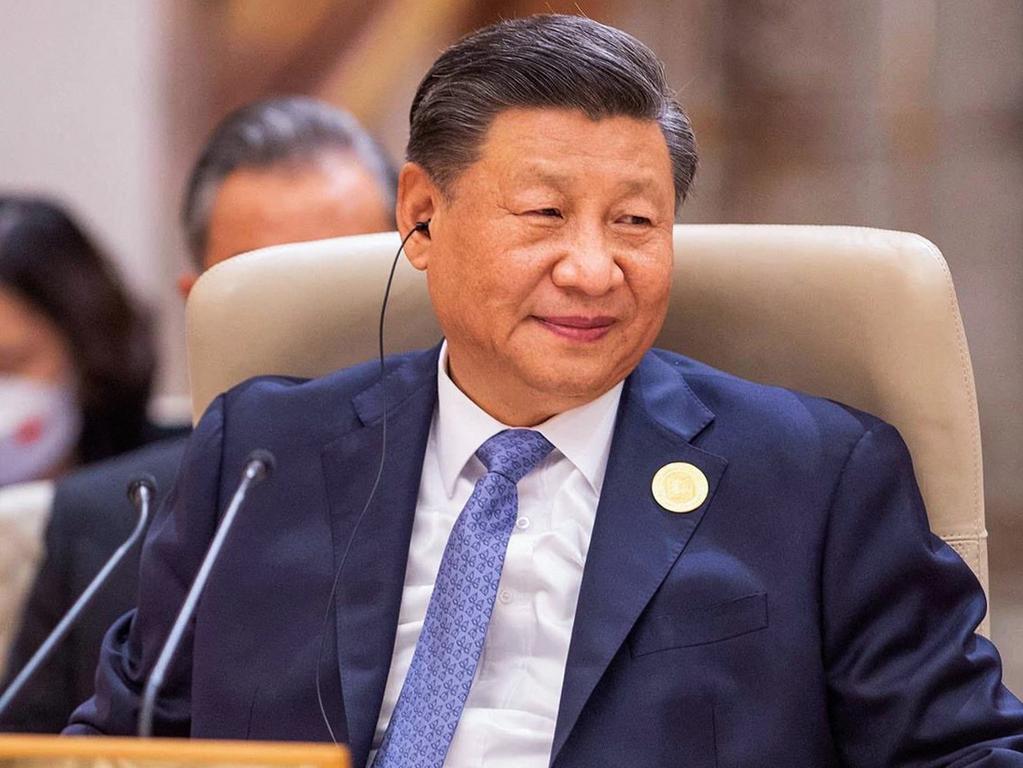


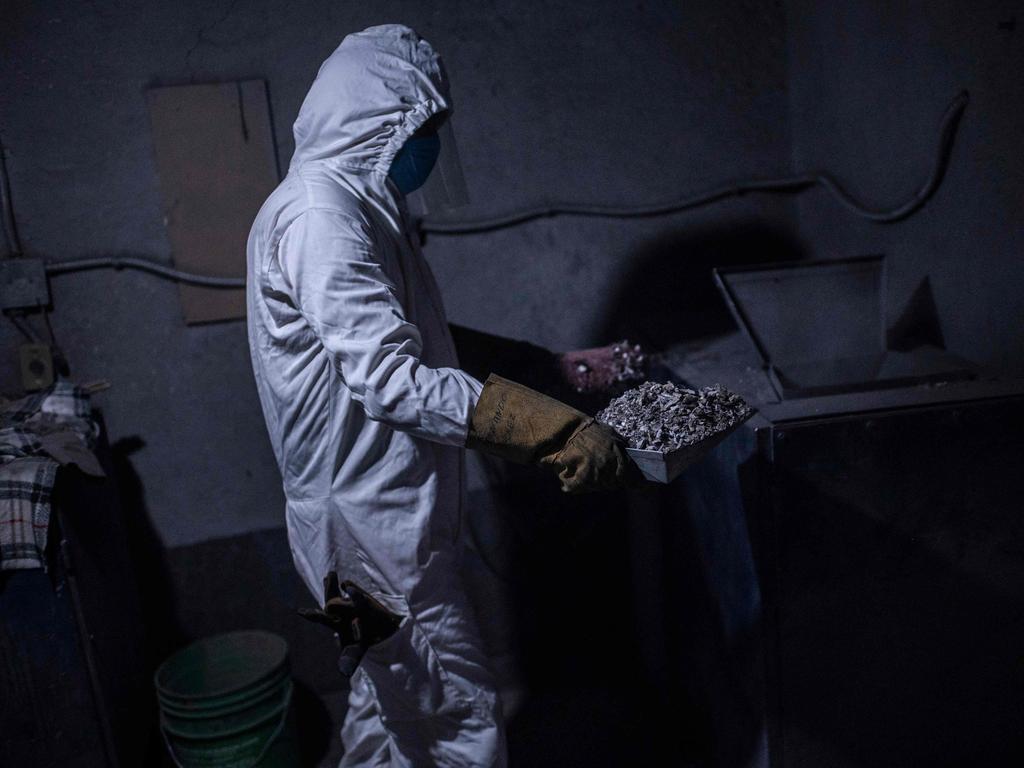


To join the conversation, please log in. Don't have an account? Register
Join the conversation, you are commenting as Logout